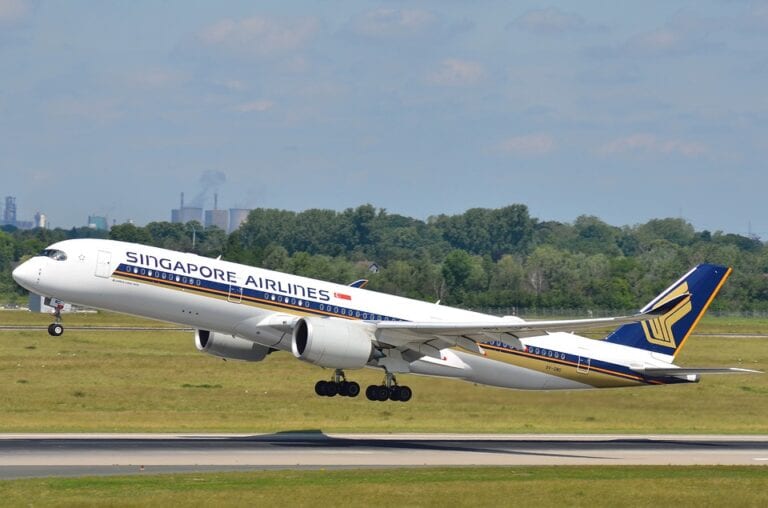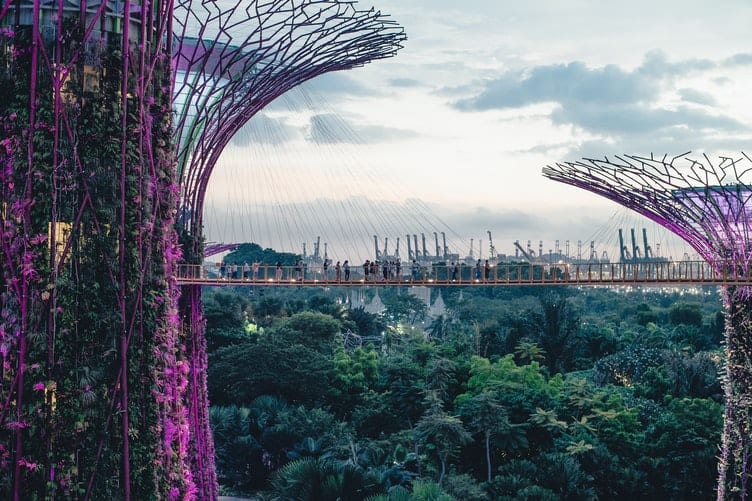Singapore Airlines, the flag carrier airline of the city-state by the same name, may become the world’s first to vaccinate all flight crew and ground workers against the COVID-19 virus. Officials communicated this goal on Monday, and they are hoping to vaccinate the airline’s 37,000 employees in two months time.
In fact, government officials were the initial ones to encourage the airline’s employees to make this happen, and they were then joined by Goh Phong Choon, the airlines’ CEO.
The reason for this push is partially because vaccinating the people who are the ones to have initial contact with travelers and their belongings entering the country is seen as essential to keeping infection rates low within Singapore.
Singapore Transport Minister Ong Ye Kung added that his country’s borders are a “key vulnerability” and that the airline’s employees are “front-liners” and “defenders of our borders.” He is concerned because the COVID-19 virus is spreading like “wildfire” in some other countries.
The other key focus is ensuring that visitors feel safe as they enter Singapore. This is deemed necessary to start to repair the economic harm that has occurred over the past several months.
Singapore Airlines in particular has been hurt as it is one of the world’s few airlines that does not have a domestic market.
Also, many Singaporeans have vested interests in ensuring that events such as the World Economic Forum’s annual meeting, which was moved from Switzerland due to its high infection rates, and the IISS Shangri-La Dialogue security summit go smoothly. Those are scheduled to take place in Singapore in May and June.
As of Monday, more than 13,000 Singapore Airlines employees have agreed to be vaccinated while a number of them began receiving shots last week.
Once the airline’s flight crew and ground workers and others working in the aviation and maritime industries are vaccinated, passengers will know that it is “safe” to enter Singapore and that “our people are cohesive, and we work as a team,” Ong said.
Singapore is one of the few countries where COVID-19 infection rates are low, but the vaccination program is progressing at a fast speed.
However, as has been the case in other places, some residents have voiced hesitation over getting vaccinated due to fears over possible side effects. Still, Ong is expecting that once those volunteering are vaccinated, “the snowball will get bigger and bigger,” and others will join.


